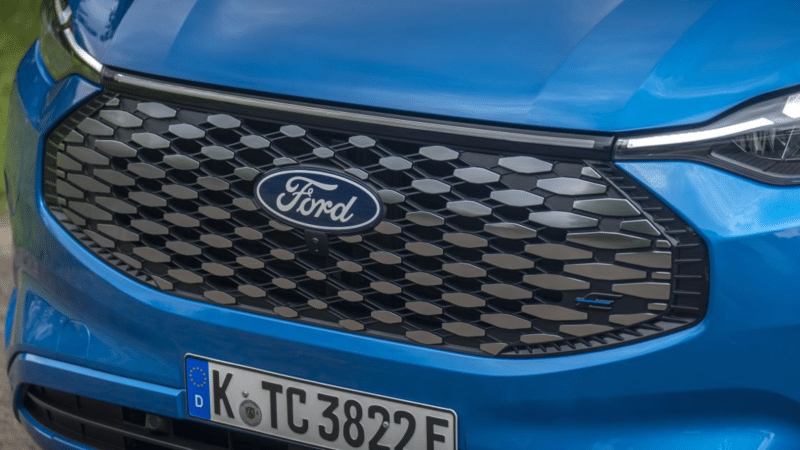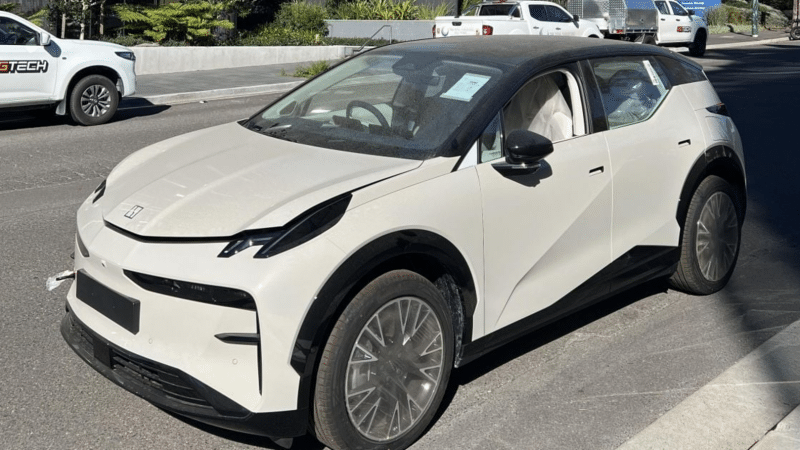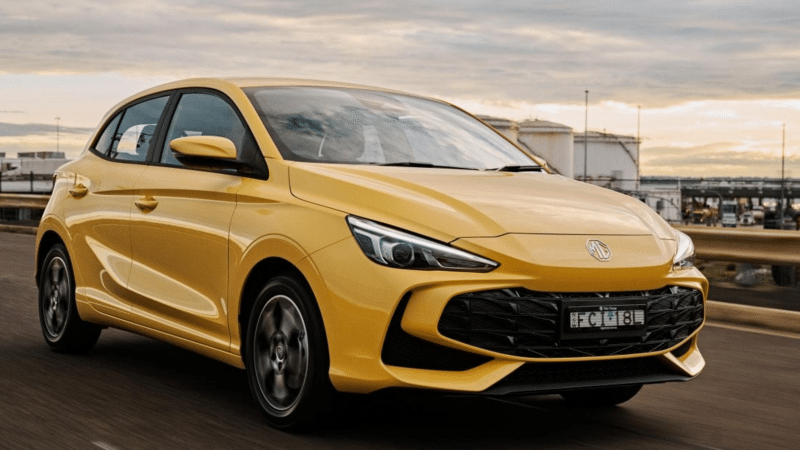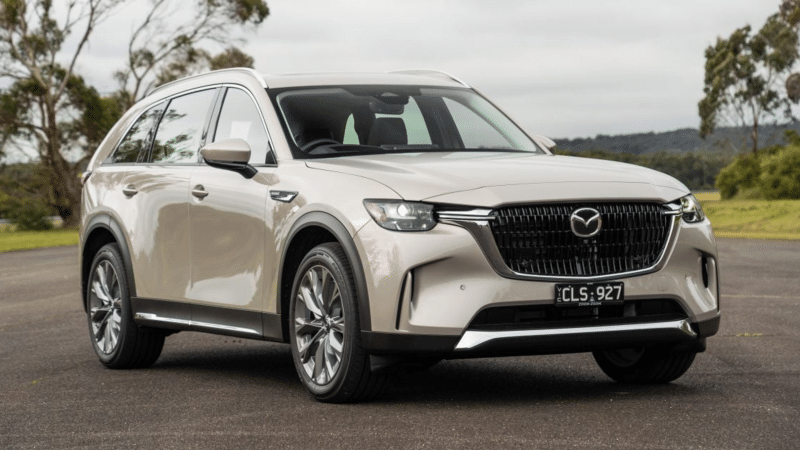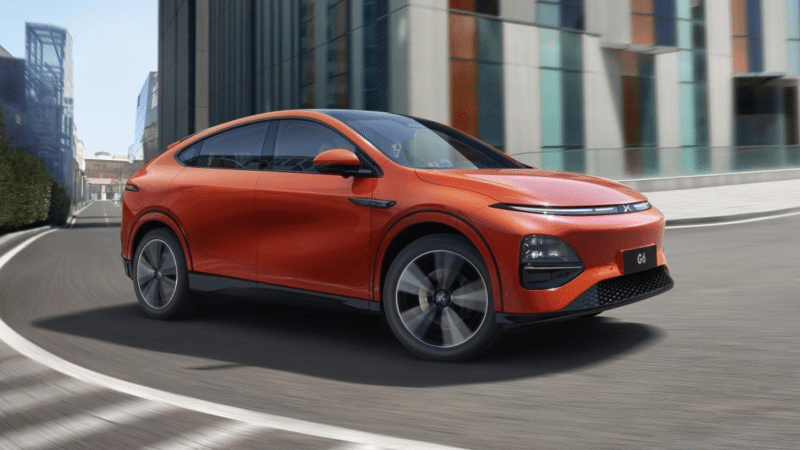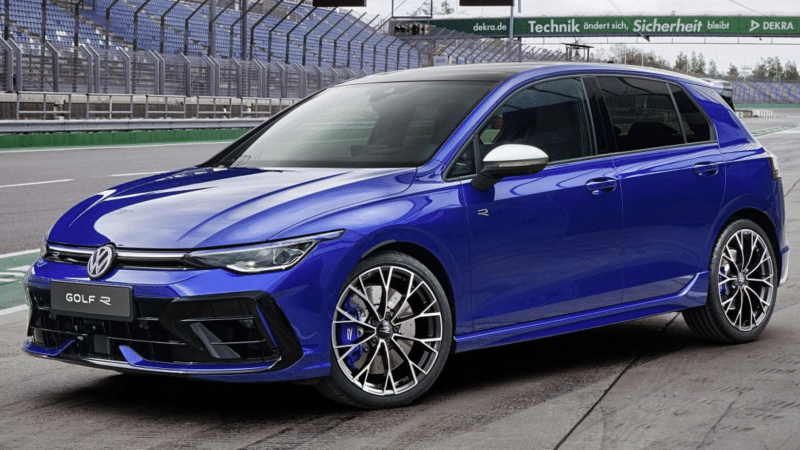Tesla’s Autopilot Cleared of Fault in Fatal Crash, Jury Rules
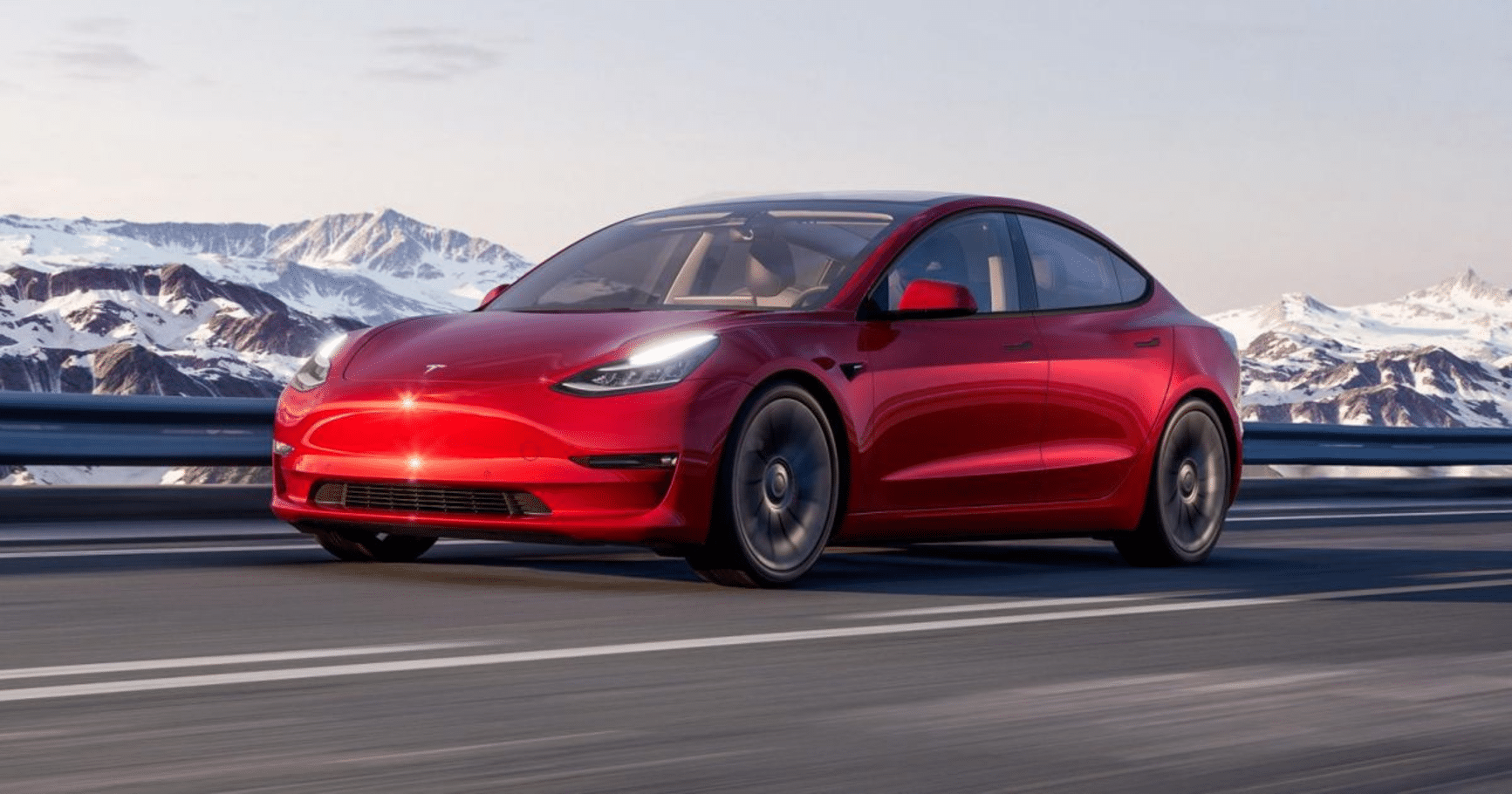
Tesla’s Autopilot Cleared of Fault in Fatal Crash, Jury Rules
Who should bear the responsibility when accidents occur involving autonomous driving systems?
In a recent court case, a jury has determined that Tesla’s Autopilot technology was not responsible for a fatal crash in California. This marks another victory for Tesla in defending its autonomous driving system. The plaintiffs claimed that the Autopilot system in a Tesla Model 3 caused the accident, resulting in the death of Micah Lee and serious injuries to two other passengers. However, after careful consideration, the jury voted 9-3 and concluded that the vehicle did not have a defect.
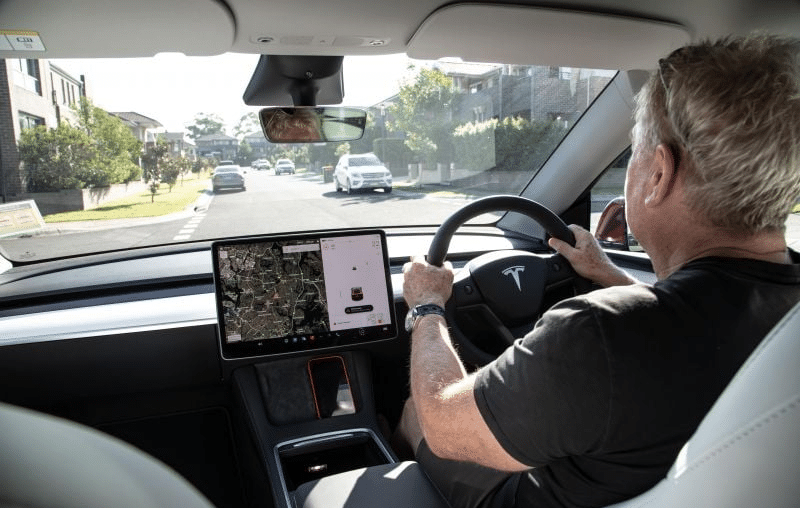
The tragic incident involved Mr. Lee’s Tesla Model 3 suddenly veering off a highway in Los Angeles at high speed, colliding with a palm tree, and catching fire. Tesla, however, refuted any responsibility and claimed that Mr. Lee had consumed alcohol prior to driving the vehicle. It was revealed that his blood alcohol level was below the legal limit in California.
One of the survivors stated that Autopilot was activated at the time, although Tesla disputed this claim. The company argued that even if Autopilot was engaged, drivers bear the ultimate responsibility for any mishaps on the road. Tesla’s lawyers dismissed an internal safety analysis memo from 2017 that mentioned an ‘incorrect steering command,’ suggesting it was not indicative of a defect but rather a theoretical issue.
During the trial, the plaintiffs’ lawyers presented the memo as evidence, aiming to demonstrate a potential flaw in the Autopilot system. However, Tesla’s attorneys countered by asserting that the memo was meant to be proactive rather than an admission of a defect. Despite the jury ruling in favor of Tesla, the attorney for the plaintiffs expressed disappointment and suggested that uncertainty still lingers regarding the verdict.
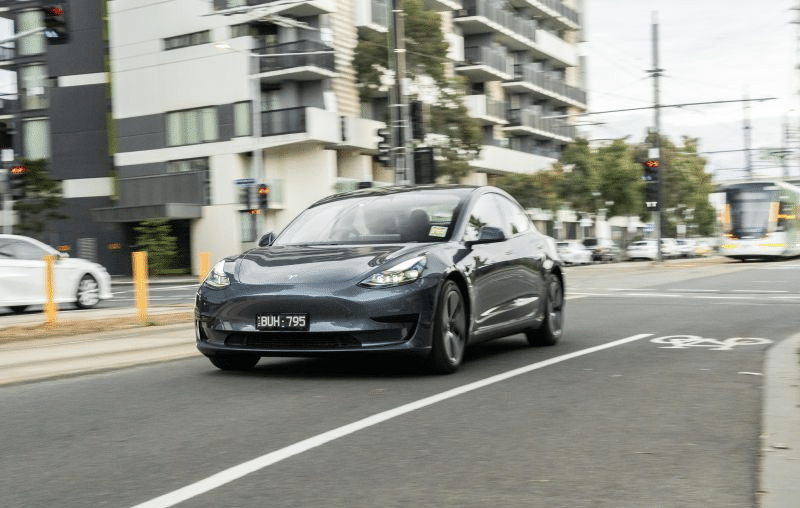
- Jury rules in favor of Tesla, stating Autopilot had no role in fatal crash
- Plaintiffs sought $400 million in damages
- Tesla denies liability, argues driver was under the influence of alcohol
- Internal safety analysis memo presented during trial
- Verdict raises questions about Autopilot’s safety
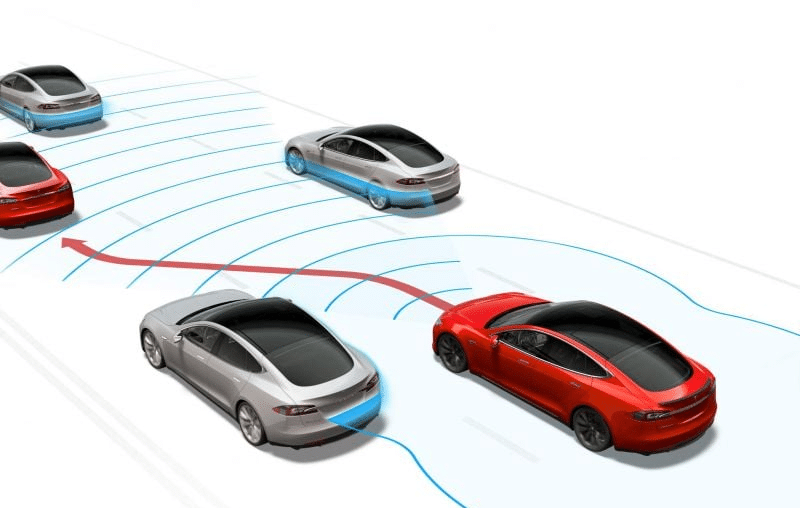
Tesla’s win in this case continues to highlight the ongoing debate surrounding the safety and effectiveness of autonomous driving technologies. While the jury concluded that Autopilot did not contribute to the fatal crash in question, the incident raises questions about the extent of responsibility for both drivers and manufacturers. As investigations into Tesla’s advanced driver assist features continue, the conversation regarding autonomous driving will undoubtedly persist.

